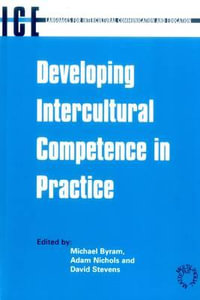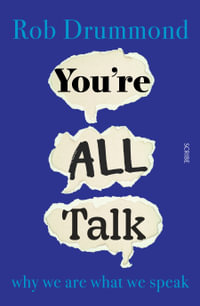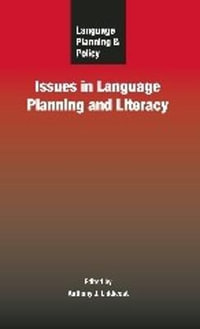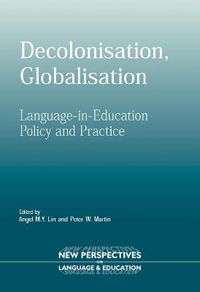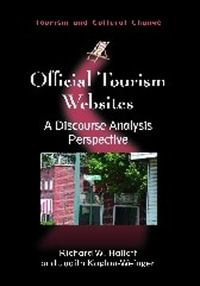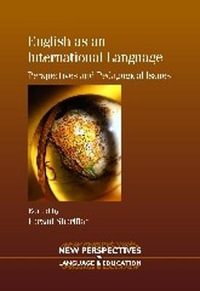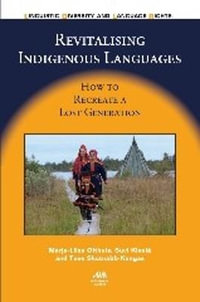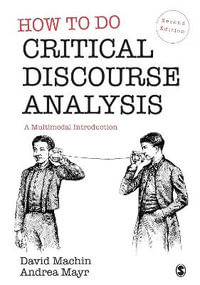Heritage speakers are native speakers of a minority language they learn at home, but due to socio-political pressure from the majority language spoken in their community, their heritage language does not fully develop. In the last decade, the acquisition of heritage languages has become a central focus of study within linguistics and applied linguistics. This work centres on the grammatical development of the heritage language and the language learning trajectory of heritage speakers, synthesizing recent experimental research. The Acquisition of Heritage Languages offers a global perspective, with a wealth of examples from heritage languages around the world. Written in an accessible style, this authoritative and up-to-date text is essential reading for professionals, students, and researchers of all levels working in the fields of sociolinguistics, psycholinguistics, education, language policies and language teaching.
Industry Reviews
'Montrul's The Acquisition of Heritage Languages pushes the frontier of this emerging field in language science, offering a roadmap beyond monolingual acquisition to explore how we learn, lose, and relearn languages.' Terry Au, University of Hong Kong
'Heritage languages are an integral part of modern society. Studying them in depth allows us to have a better understanding of language in general, of culture, and of an individual. In this pioneering book, Silvina Montrul gives heritage languages the recognition they deserve.' Maria Polinsky, Harvard University, Massachusetts
'While covering the most recent theoretical and empirical advances in the study of heritage languages, this book has direct implications for language teaching. I expect it to become a foundational work not only for researchers but also language practitioners.' Olga Kagan, Director, Title VI National Heritage Language Resource Center, University of California, Los Angeles
'As one of the leading experts on the acquisition of heritage languages, Montrul here gives us a crucial insight into the key linguistic concepts of bilingual learning scenarios across the lifespan. Although her focus is on universal and language specific linguistic processes and constraints, she also discusses their interaction with social and situational factors, opening windows to new ways of language education and policy. Taking a multidisciplinary approach within linguistics, she compares the developmental stages and outcomes of the acquisition of heritage languages to both child L1 and (adult) L2 acquisition. A must read for all those interested in linguistic theory, bilingualism and language acquisition and change.' Aafke Hulk, University of Amsterdam
'The Acquisition of Heritage Languages offers up-to-date information, developing the main topics around heritage speakers thoroughly and in well-organized manner ... Undoubtedly The Acquisition of Heritage Languages constitutes a reference book that contributes to the field of heritage language acquisition with profound theoretical and practical insights.' Laura Dubcovsky, The Linguist List (linguistlist.org)






